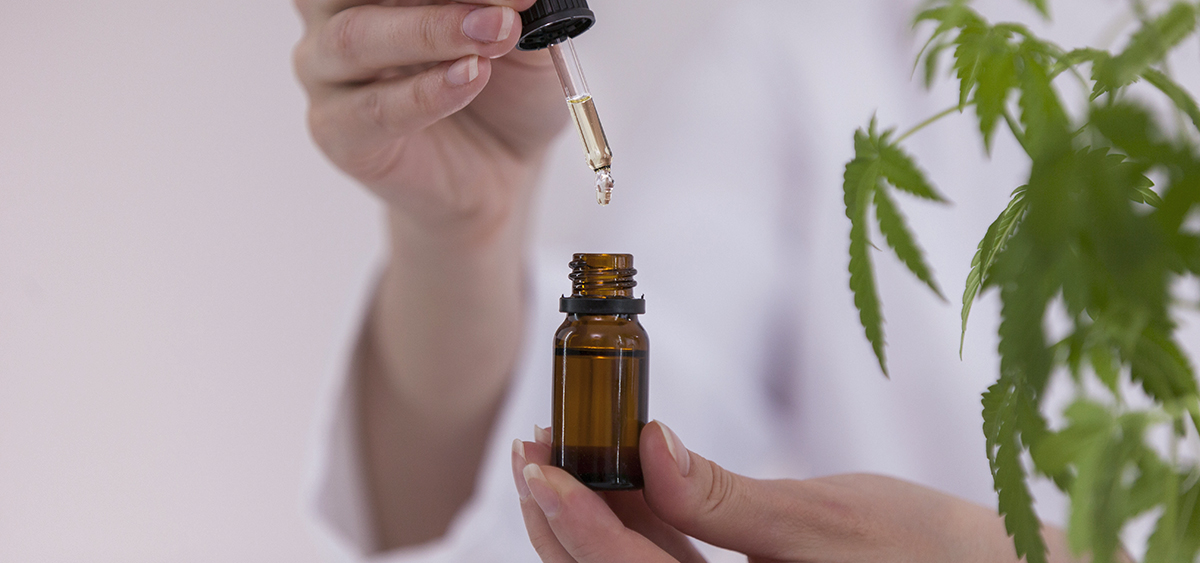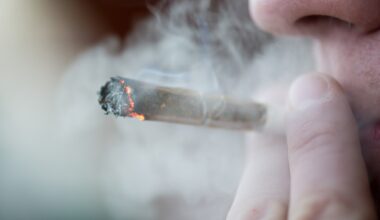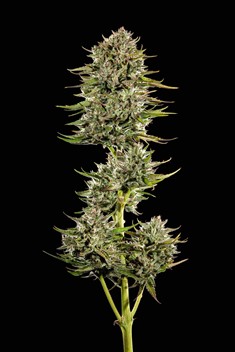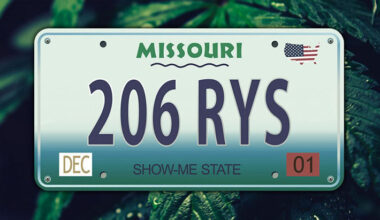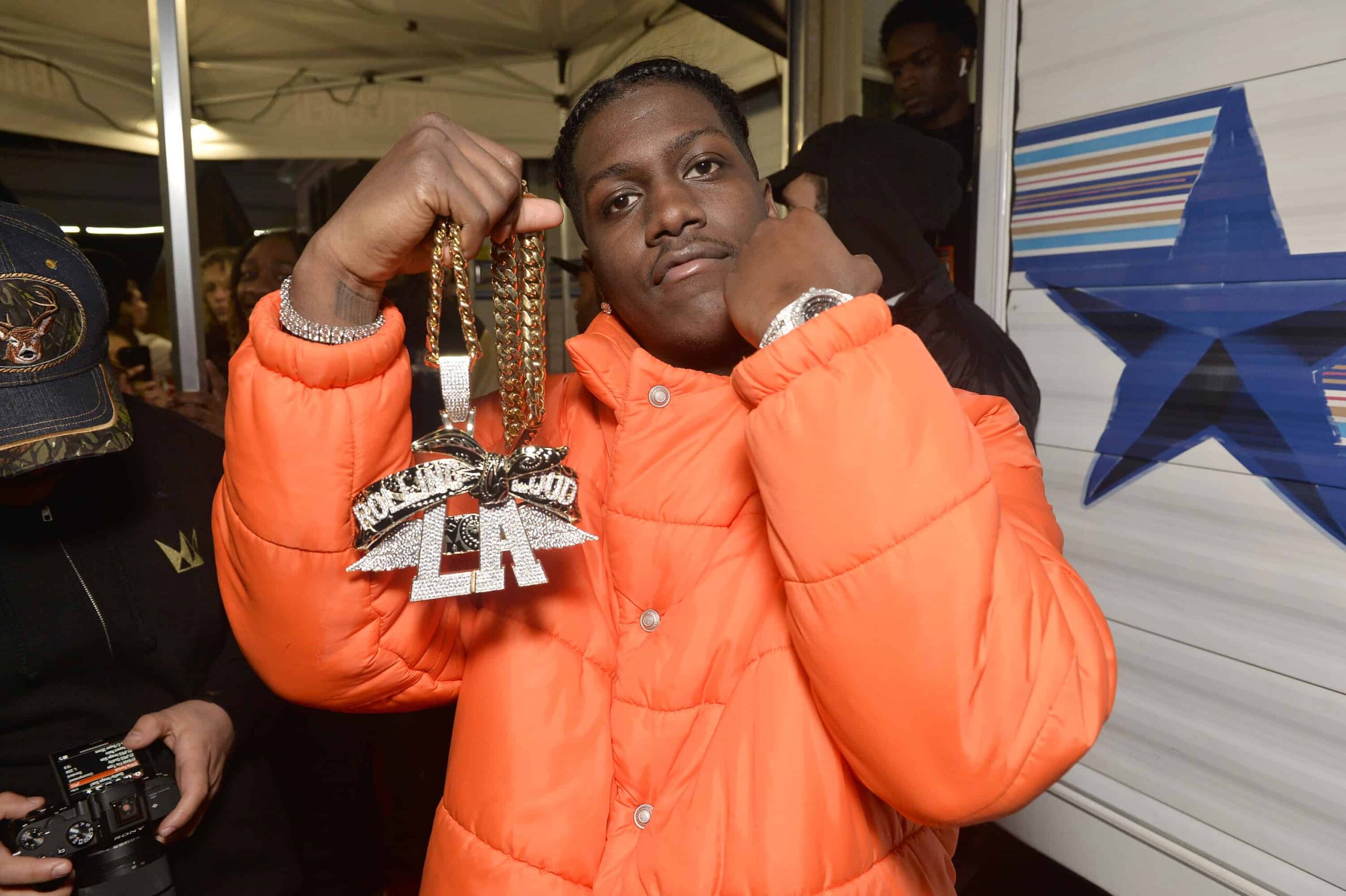The U.S. Federal Trade Commission in April filed a lawsuit against CBD company Whole Leaf Organics over the company’s claims that their products treat cancer and prevents or reduces COVID-19 risk, the New Jersey Law Journal reports. The legal action is a departure from previous enforcement methods by the agency and the Food and Drug Administration against companies that make health claims about CBD products.
On April 22, the FTC filed an administrative complaint against Whole Leaf and Marc Ching, the company’s owner. Two days later the agency petitioned the U. S. District Court, Central District of California to enter a temporary restraining order and preliminary injunction preventing Ching and his company from disseminating false or unsubstantiated advertisement claims about its products.
Specifically, regulators said the company marketed its CBD-EX, CBD-RX, and CBD-Max as able to treat cancer and that it claimed its “Thrive” products could prevent or treat COVID-19, the disease caused by the novel coronavirus.
Ching ultimately agreed to a preliminary order to stop advertising the health claims.
When enforcing federal marketing rules about the health claims of CBD products, federal regulators have typically sent warning letters to companies accused of breaking the rules. In 2017, the FDA sent warning letters to four CBD companies making claims that their products could cure cancer. In 2019, the agency sent warning letters to three internet-based CBD companies who claimed their products treated or cured some diseases. Last April, the FDA issued warnings to two companies claiming CBD could treat opioid addiction, while the FTC said at that time that they were concerned about “about the deceptive practices some marketers can, have, and will employ” amid the coronavirus crisis, the report says.
When announcing the FTC agreement with Ching, Bureau of Consumer Protection Director Andrew Smith said there is “no proof that any product will prevent or treat COVID-19 or that any CBD product will treat cancer.”
“Let’s be clear: companies making these claims can look forward to an FTC lawsuit like this one.” – Smith in a statement
Last June, the FDA held its first hearing ever on CBD as various federal agencies are seeking to align federal CBD rules with 2018’s federal legalization of hemp. While neither the FTC, FDA or Drug Enforcement Administration have codified rules, the FDA said in November 2019 that CBD “has the potential to harm” including negative effects on the metabolism of other drugs, increase risk of sedation and drowsiness when used with alcohol, changes in alertness, gastrointestinal distress, and changes in mood.
The administrative case against Ching and Whole Leaf is set for January 7, 2021. The FTC notes that it is only filing an administrative complaint “when it has ‘reason to believe’ that the named defendants are violating or are about to violate the law and it appears to the Commission that a proceeding is in the public interest.”
Medical Disclaimer:
The information provided in these blog posts is intended for general informational and educational purposes only. It is not a substitute for professional medical advice, diagnosis, or treatment. Always seek the advice of your physician or other qualified healthcare provider with any questions you may have regarding a medical condition. The use of any information provided in these blog posts is solely at your own risk. The authors and the website do not recommend or endorse any specific products, treatments, or procedures mentioned. Reliance on any information in these blog posts is solely at your own discretion.
